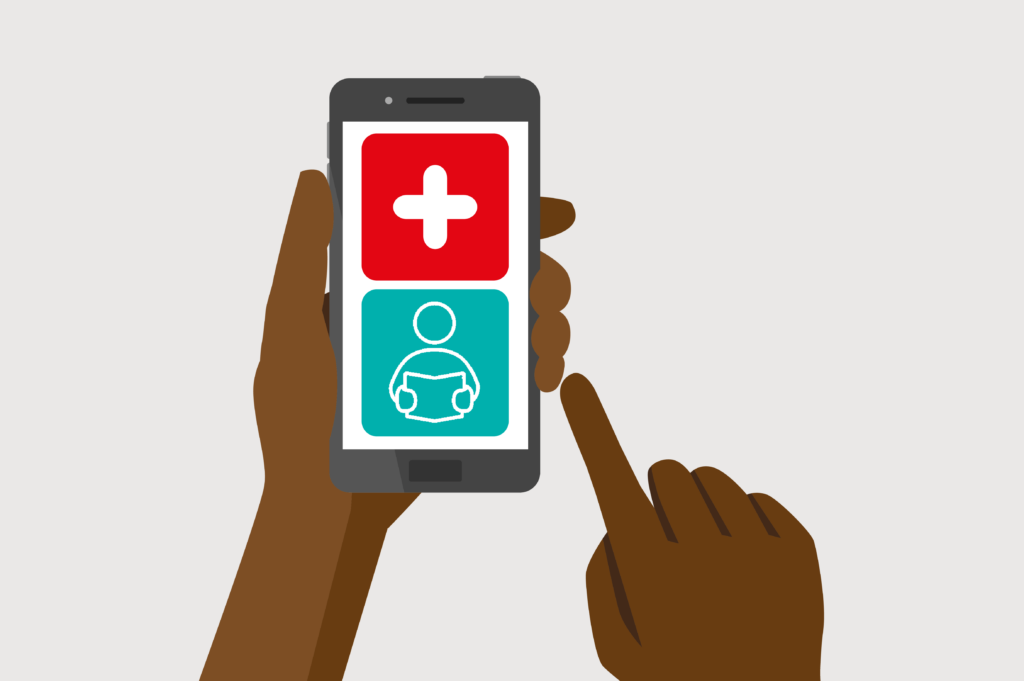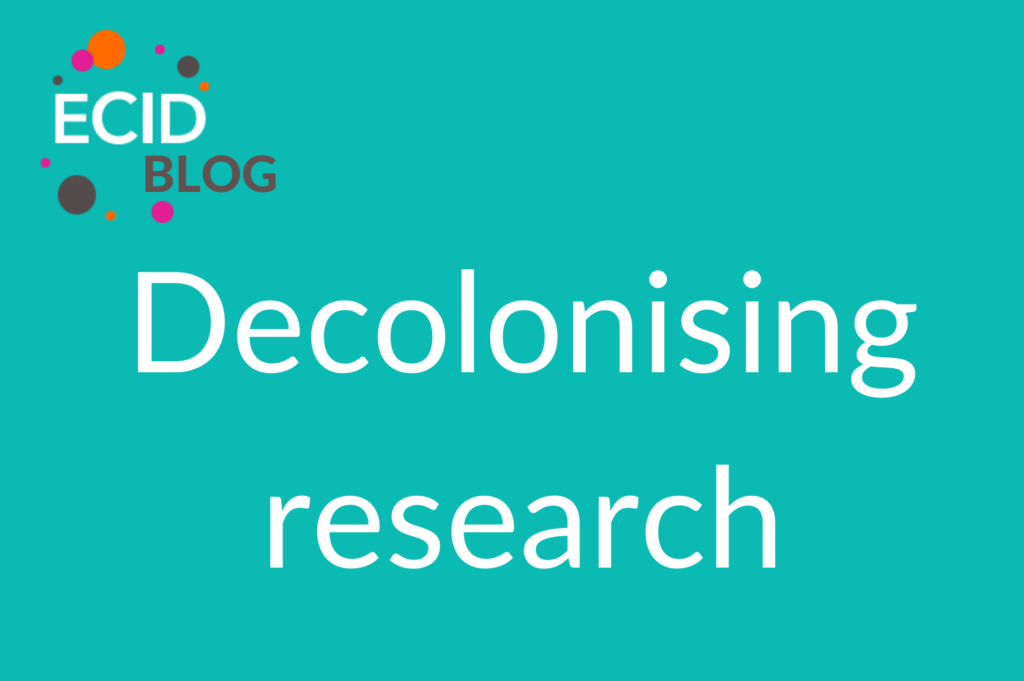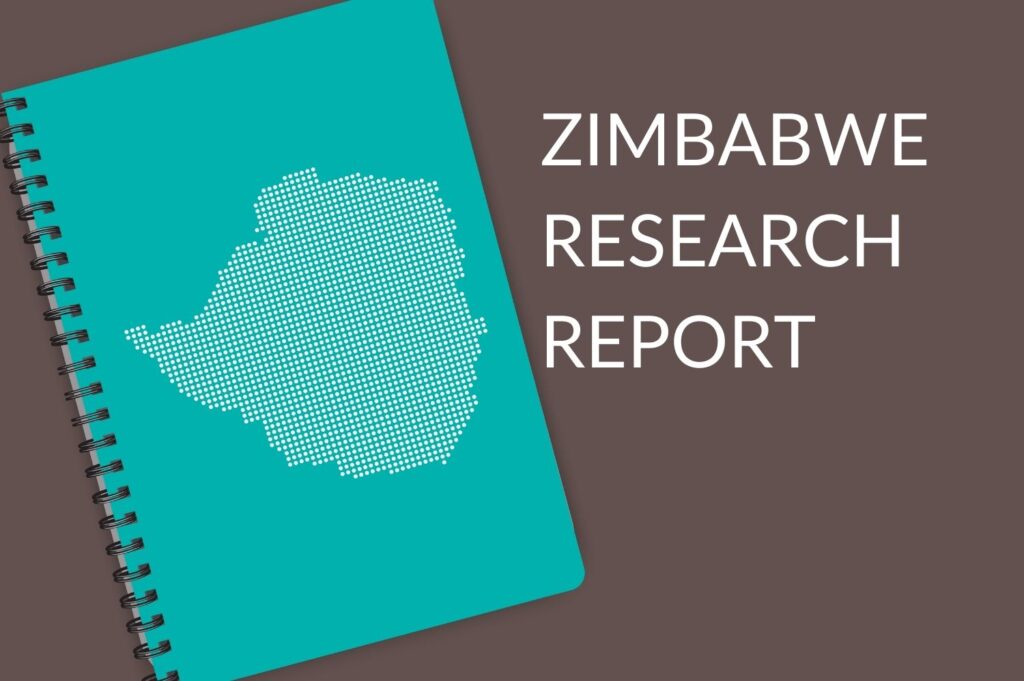Adapting data collection in a global pandemic
In the Evidence and Collaboration for Inclusive Development (ECID) programme, we want to share data with decision makers to improve access to services for marginalised people. The starting point for these discussions is the baseline study.
This study explores the experiences of the most marginalised at the beginning of the programme, so decision makers can better understand how community members feel and live day to day. Not only does the baseline measure the initial situation for assessing impact, it also informs the design of the programme. When Covid-19 forced cities and towns to shut down in March 2020, our data collection was just getting started. This swiftly had to pause and adapt to the new situation.
How we adapted
Activities in communities were scheduled for February and March 2020, however with Covid-19 cases rising at alarming rates in some parts of the world and strict restrictions being introduced in early March, many plans could not go ahead.
Initially, participatory activities were planned in communities that would map systems and identify where marginalised groups experience issues in accessing services. This helps to identify the services they want to prioritise as well as who they consider to be the most marginalised.
The teams had to review the tools and their methodology to understand what could be done despite the restrictions. This resulted in big delays.
Unfortunately, the community participatory activities had to be cancelled in Myanmar and Zimbabwe for safety reasons. This left a gap in the qualitative data and prevented important relationship building with the communities.
The teams were forced to move to the next stage of collecting quantitative data through surveys. By working through civil society organisations (CSOs) who have existing connections with the marginalised groups, the aim was to build a wider picture of their perceptions on access to services.
We spent time considering the ethics of gathering data during Covid-19 and what different behaviours were needed when going door to door.
Other adaptions included data collectors being trained remotely as they could not come together for training. To adhere to travel restrictions, the data collectors only collected data in their own districts.
In Zimbabwe the data collectors conducting door to door surveys wore personal protective equipment (PPE). The team decided to work with more collectors than initially planned, so each person visited less people. They were also recruited to collect in their local areas to ensure they did not break travel restrictions between districts. As a result, this in fact increased the sample size beyond what was initially planned, which was an unexpected positive outcome.
In Myanmar, to ensure compliance to Covid-19 restrictions, data collection was conducted through phone calls. Additional procedures were put in place to ensure GDPR (Global Data Protection Regulation) compliance while collecting data in this way. This method did limit the number of people that we could have otherwise reached if doing in person, but there was good proportion of the marginalised groups represented.
As restrictions on movements start to ease, country teams are now able to go into communities with increased protection measures in place. Going back to communities to discuss the data and what it means for them is key to the programme. There are also discussions with the key stakeholders, such as the CSOs in the area, decision makers and service providers to review their plans based on this evidence presented to them.
Lessons learned
On reflection, there are some lessons we would recommend to anyone doing monitoring, evaluation and learning in programmes during Covid-19 restrictions.
Triangulate your data using existing data as much as possible to minimise what you have to collect.
Maximise remote data collection methods, such as conducting surveys or interviews via phone calls, training community contacts who can report back via digital tools.
Most importantly, engage with in country colleagues as much as possible. They have a very good understanding of the restrictions in their context and how people are reacting to them.
This is what helped us to navigate through the new circumstances we faced and will continue to support our work going forward.
To follow our work and receive updates , sign up for our quarterly newsletter:



